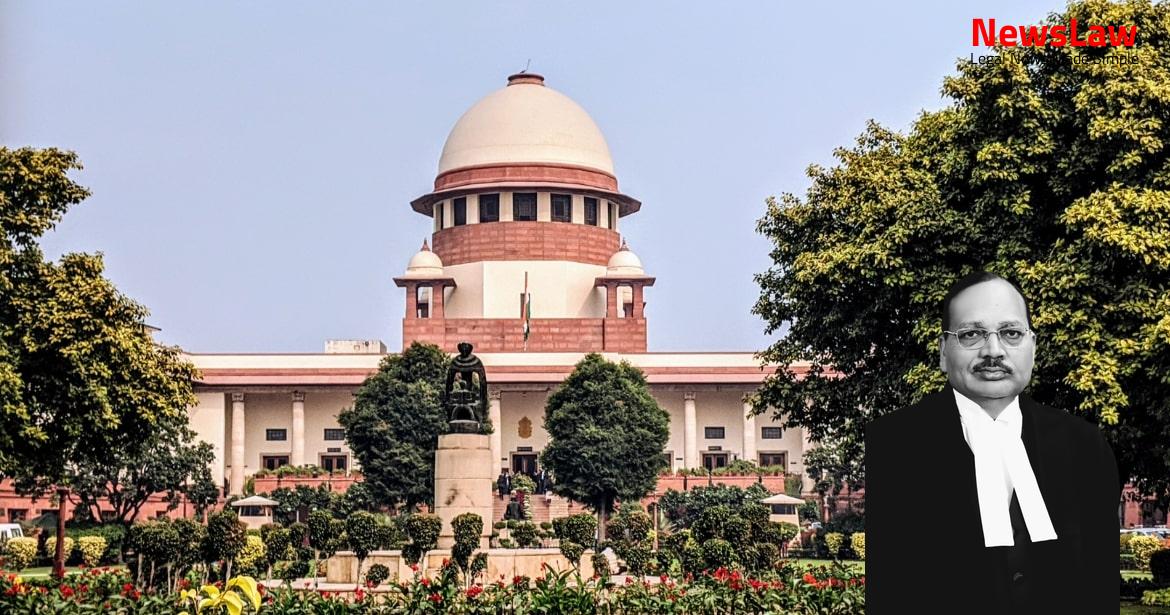In a pivotal legal case concerning human trafficking near the Indo-Nepal border, the Court’s legal analysis played a crucial role in upholding the conviction. The case involved intricate details of the incident and substantive evidence that led to the final decision. By delving into the legal aspects, the Court’s thorough examination reaffirmed justice in the fight against human trafficking. Dive deeper into the legal intricacies through this engaging summary.
Facts
- Prosecution’s case summarized as per judgment under appeal
- Appellant convicted of offences under various sections
- High Court found Trial Court’s decision perverse
- High Court set aside acquittal and convicted the appellant
- State of Uttarakhand appealed against Trial Court’s acquittal
- High Court found Trial Court had not considered material evidence
- Instant appeal filed under relevant sections of CrPC and SC Act
- An Indian boy tried to import a minor girl of Nepal origin for exploitation.
- The incident occurred near the Indo-Nepal border at Sharda Bairaj.
- The police received a secret information and reached the Banbasa bridge.
- The girl was allegedly enticed by the boy with promises of shopping in Banbasa, India.
- The girl was found standing near a chaat cart at the border.
- The boy was caught facing towards the bridge with suspicious items in his possession.
- Medical examination confirmed the girl’s fitness and approximate age of 17 years.
- The boy denied the allegations and claimed false implication.
- The prosecution presented six witnesses and relied on evidence like recovery memos and counseling reports.
- The court of Special Sessions Judge conducted the trial for offences under various sections of the IPC and POCSO Act.
Also Read: Balancing Power and Transparency: Electoral Bonds Struck Down, Disclosure Mandated
Arguments
- The petitioner argued that the requirements under Section 188 of the Code of Criminal Procedure were not satisfied, and no sanction was provided, making the trial invalid.
- It was claimed that the victim was not lured but traveled on her own from Kathmandu to Atariya, covering a considerable distance.
- The petitioner contested the victim’s age, stating that she was above 18 years and therefore, the offence should not fall under Section 370(4) of the IPC.
Also Read: Recall of Resolution Plan Approval: Legal Analysis
Analysis
- The sentences awarded to the appellant were deemed not to be excessive.
- There is no reason to take a different view on the matter.
Decision
- The appellant must serve the sentence awarded to him
- The view taken by the High Court is affirmed
- The appeal is dismissed
Case Title: SARTAJ KHAN Vs. THE STATE OF UTTARAKHAND THRU PRINICPAL SECRETARY HOME (2022 INSC 337)
Case Number: Crl.A. No.-000852 / 2018



